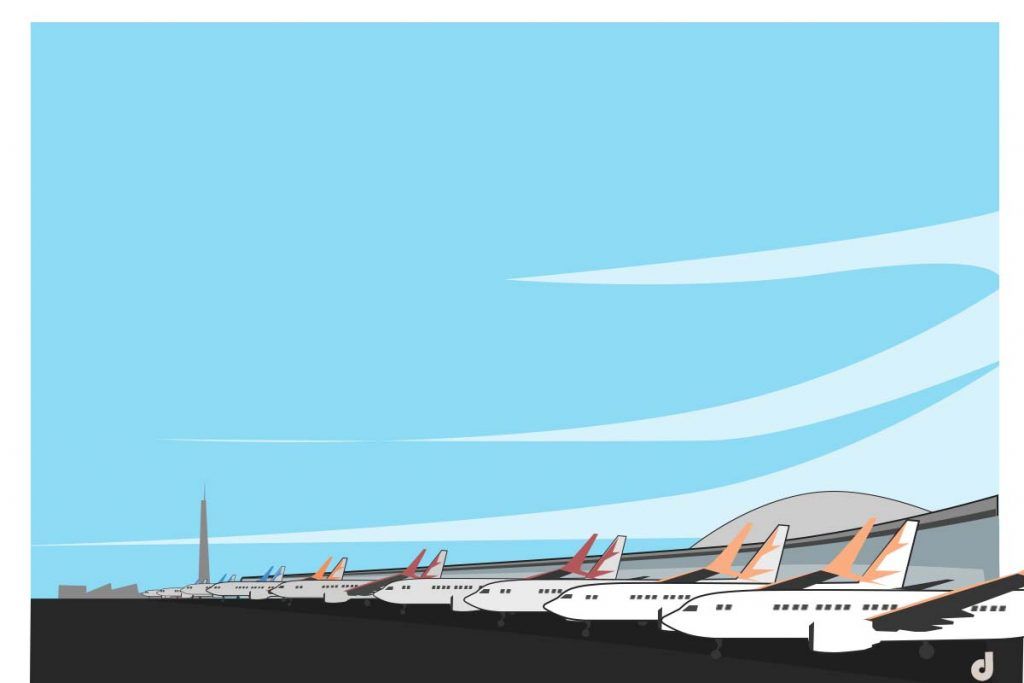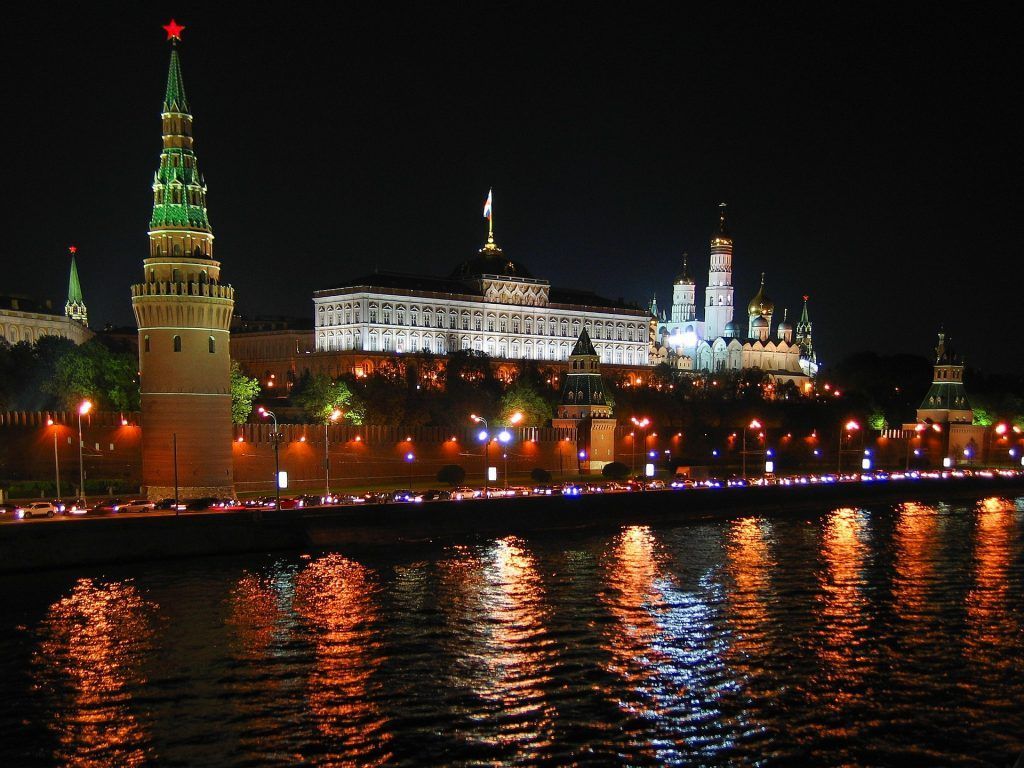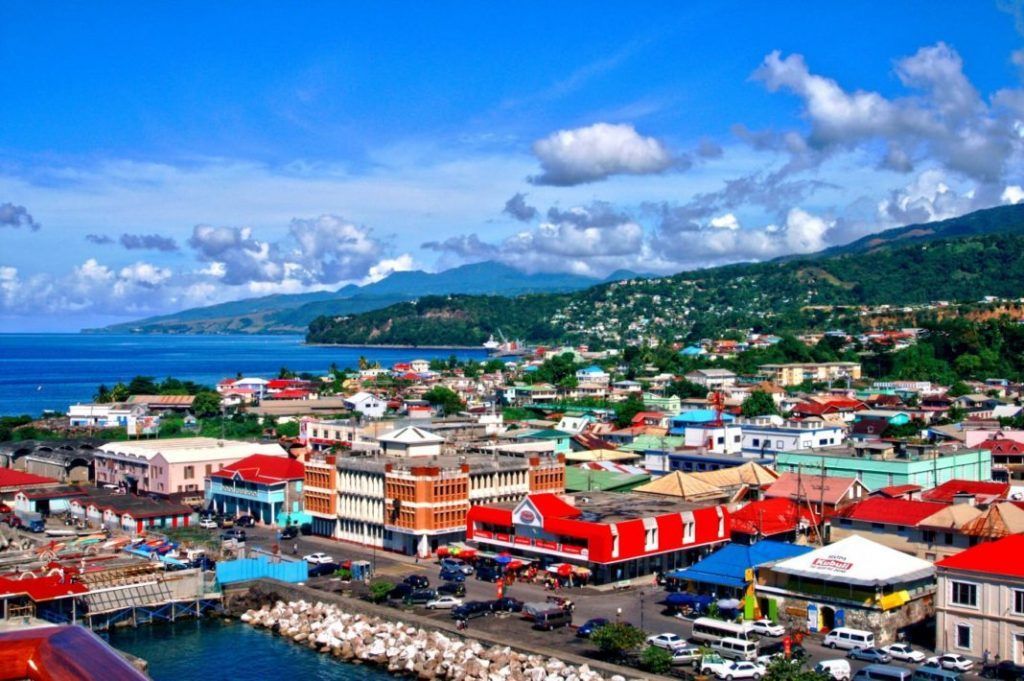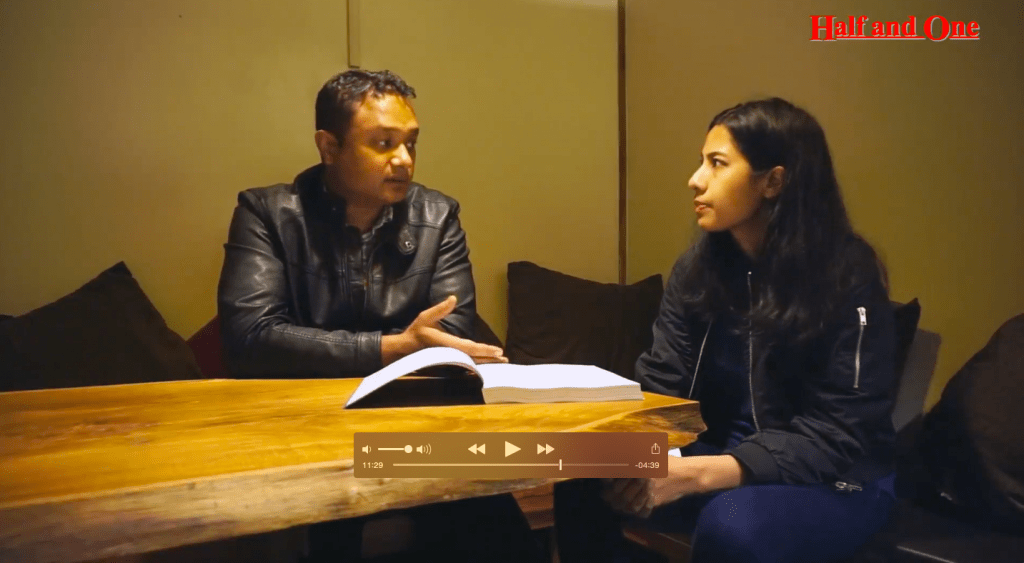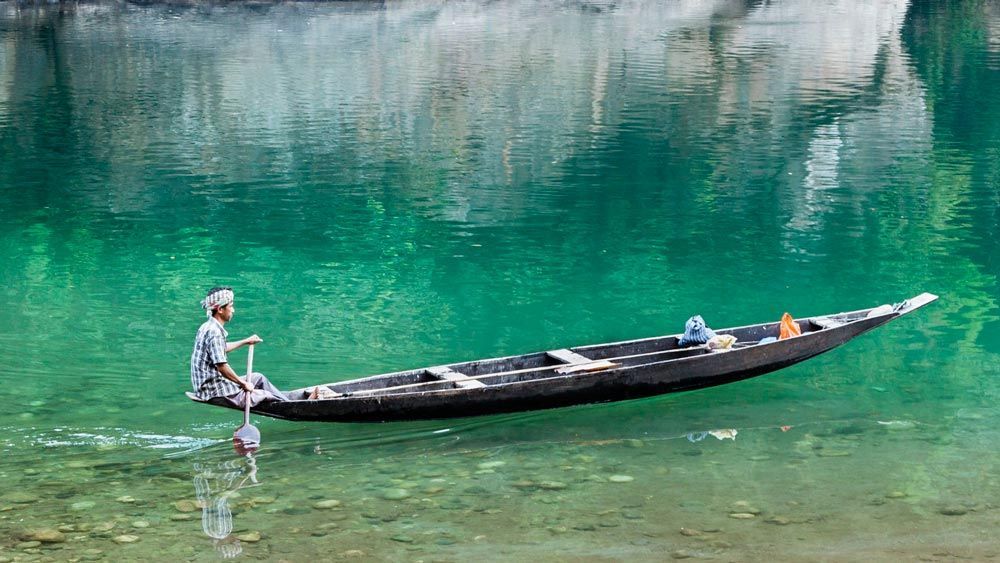The summer of 2018 has thrown up seemingly endless good sources of what has increasingly been termed “climate anxiety”. From the wildfires in British Columbia to the floods in Kerala, confirmations of what in earlier times would have been termed a biblical judgement for humanity’s sins against that which it did not create and yet depends upon for life are close at hand. It is little wonder, in such a context and with political action to halt or reverse the frequency of these events either inadequate or actively moving in the wrong direction, that more and more writers on environmental issues have begun speaking to an actively existential dread.
The summer of 2018 has thrown up seemingly endless good sources of what has increasingly been termed “climate anxiety”. From the wildfires in British Columbia to the floods in Kerala, confirmations of what in earlier times would have been termed a biblical judgement for humanity’s sins against that which it did not create and yet depends upon for life are close at hand. It is little wonder, in such a context and with political action to halt or reverse the frequency of these events either inadequate or actively moving in the wrong direction, that more and more writers on environmental issues have begun speaking to an actively existential dread.


